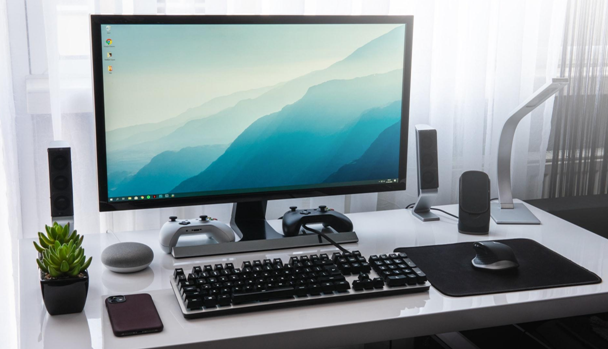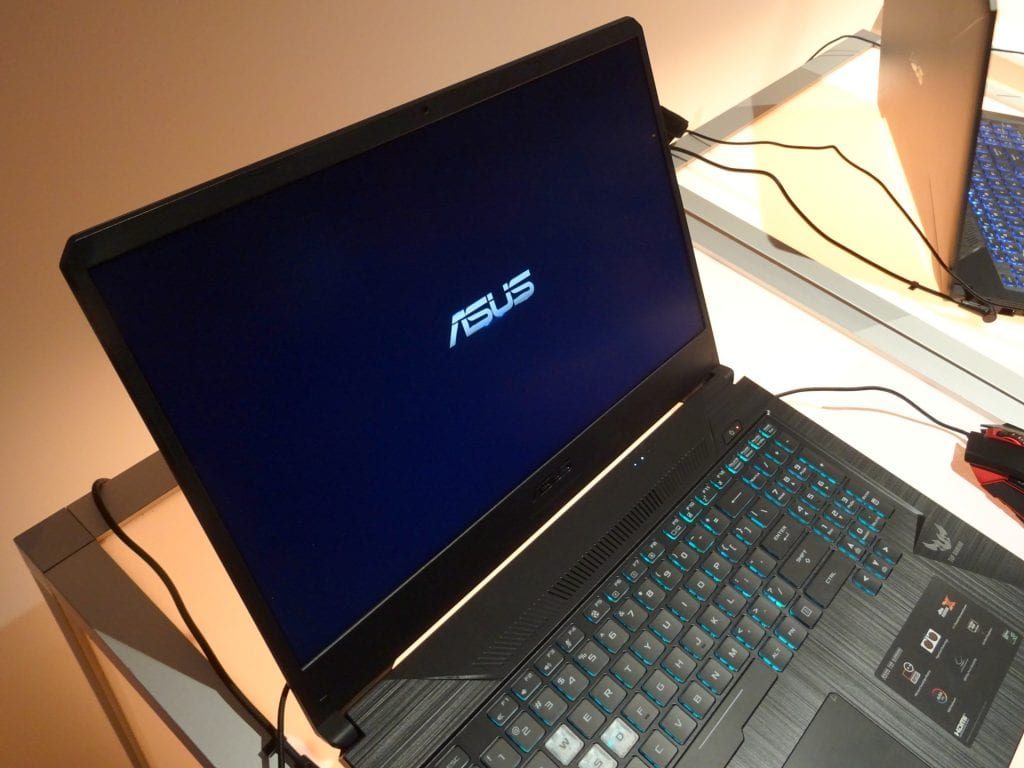Introduction
Despite all that Windows has to offer, it’s far from the most secure operating system. Sure, there are plenty of security options available that users can tinker with, but you—a Windows user—are always at risk of being infected with a nasty case of malware.
The reason for this is that many cyber criminals focus solely on Windows. They could target Macs or Linux machines, but most businesses and individuals use Windows. Today, let’s go over a few malware programs that represent a threat to Windows machines, along with a few ways you can protect yourself from said malware.
Types of Malware Affecting Windows PCs
Ransomware
There’s no denying the dangers of ransomware, a type of malware that encrypts the data of a user’s device and asks for a sum of money if the user wants their data back. Since the mid-2010s, cybercriminals have used ransomware to cause billions of dollars in damages. Look no further than the infamous WannaCry ransomware attack of 2017 to see that ransomware is nothing to scoff at.
Unfortunately, Windows is a prime target for most ransomware, and because ransomware is one of the more common malware types recently, any Windows user is at risk of having their device infected.
Spyware
Spyware is the polar opposite of ransomware. Instead of using fear to manipulate victims into sending money or giving away data, spyware works under the shadows, covertly transmitting private data to the author of the malware program.
In other words, with spyware, cybercriminals can steal your data at an alarming rate. And it’s hard to tell when your device has been infected with spyware due to its small presence.
Crypto-Jackers
Crypto-jackers are a relatively new phenomenon, and while they don’t represent as much of a threat as other malware, they are still something you want to avoid at all costs.
Crypto-jackers can be spread like any other malware. Once the crypto-jacker finds a device to infect, it will begin using the computer as a “miner,” a device dedicated to mining for cryptocurrency.
These crypto-jackers usually end up converting computers into a part of a botnet, with each computer mining for more and more cryptocurrency. This not only puts your PC’s data at risk, but it also will slow down your computer immensely, making simple tasks near-impossible.
5 Ways to Secure Your Windows PC
Frequently Update Software
If there’s one thing you take away from this article, let it be the concept of updating software. Both Windows and third-party programs require updates to stay secure. Why is that? Because new threats—new malware—are being created every day, meaning that software developers are constantly having to patch in new security measures.
Going without these security patches puts your Windows PC at high risk of being infected. Want to stay safe? Download the latest updates for Windows and your other programs as soon as they’re available.
Download a VPN
A surprising amount of malware, viruses, and worms come from public networks. The reason for this is that public networks are unencrypted and lack proper security, meaning cybercriminals can hop on the network, infect devices present on the network, and leave.
Using a PC VPN for security on public networks is the best thing you can do for your safety. A VPN will encrypt your data, picking up the slack, and will anonymize your presence on the network, meaning you are essentially invisible.
Avoid Sketchy/Suspicious Links
Not all malware is network-borne. In fact, most malware comes from sketchy websites and links designed with the sole intention of infecting unsuspecting users with malware.
Avoiding these sites is simple; don’t click on suspicious links. Really! See, many cybercriminals take advantage of people’s natural curiosity. However, when you’re on the Internet, it’s best that you avoid clicking on a link if you don’t recognize it.
Run Security Scans Often
But even with all those previous tips, your device may become infected with malware. Sometimes, it’s not the user’s fault. For example, some crypto-hackers have infected trusted websites and, as a result, infected visitors. Sometimes, it is out of your control.
This is why it’s important that you run security scans often. These security scans, whether done by Windows Defender or Avast, will tell you if there is any threat present on your Windows PC. If the scan detects malware, it will quarantine the program and delete it.
Avoid Downloading Suspicious Programs
Similar to how you shouldn’t click on links you don’t recognize, you should never download a program you don’t recognize. This is a lesson many Internet users learned during the early days of the Internet, where torrenting programs were a dime a dozen.
Only download files/programs from trusted sources (official websites, friends, etc.). Downloading random files on a crudely constructed website that hasn’t been updated since 2003 is a good way to get your Windows PC infected.
Conclusion
And there you have it: five ways you can secure your Windows PC from malware. Got any suggestions? Have you experienced a dastardly case of malware before? Leave your suggestions/experiences in the comments!













